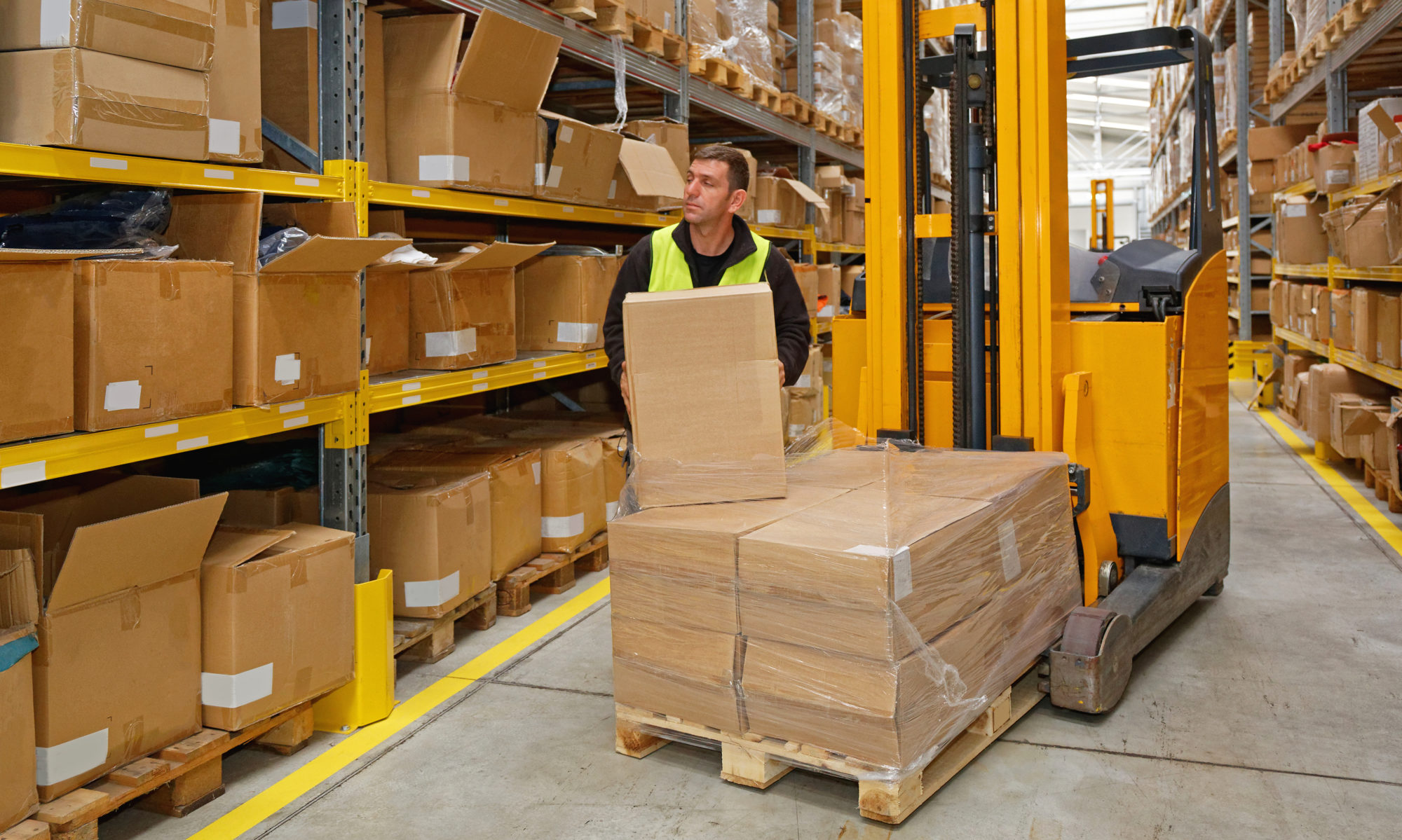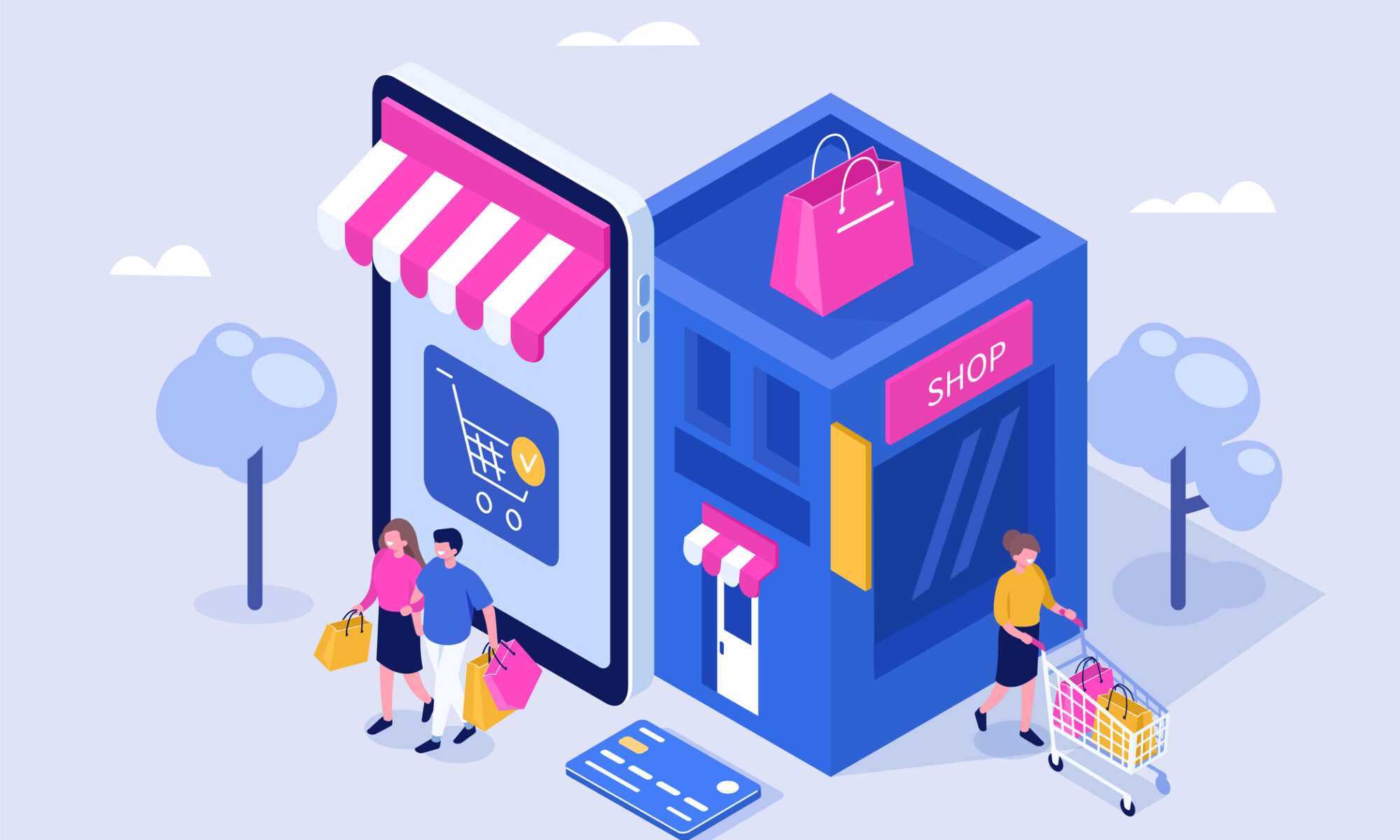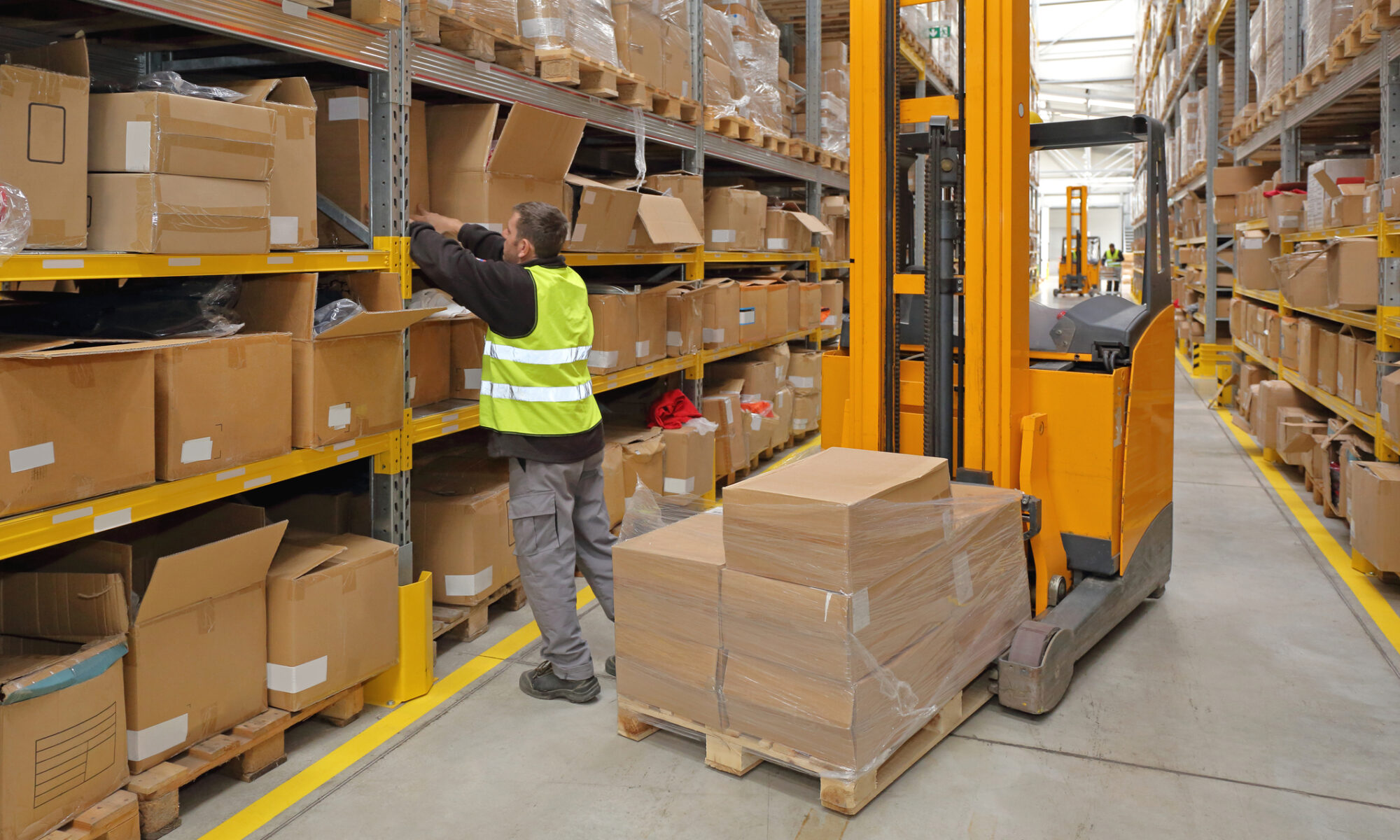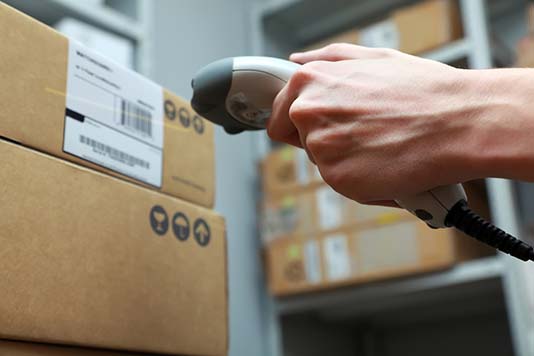As more customers shop online instead of in stores, opening an eCommerce online store can be a lucrative idea. Opening this kind of business might seem simple compared to opening a brick-and-mortar shop. However, it’s important to make sure your online store is fully ready. From coming up with a business concept to partnering with a fulfillment warehouse, keep the following guide in mind for opening an online store.
Choose a Business Concept
What kinds of products are you planning on selling? Some online stores sell a variety of products, while others specialize in certain items only. Think of the types of products you’re interested in selling to the public.
Check Out the Competition
Before diving into eCommerce, it’s important to be familiar with your competition. Do research on other businesses that sell similar products as your store. Look at how much they charge for their items and what kinds of discounts and specials they offer.
Write a Business Plan
Your business plan gives you a road map to refer to as you work on getting your online business up and running. This plan should include an executive summary, market analysis, company description, mission, and product information.
Decide on a Business Structure
The structure of your online store affects taxes and other financial aspects of your business. Explore the pros and cons of different structures, such as limited liability partnerships (LLPs), corporations, and limited liability companies (LLCs).
Take Care of Registration and Licenses
When you have a store name and decide on a structure, it’s time to register your business. You’ll also need to obtain any licenses and permits your company needs for legal purposes.
Looking to team up with a fulfillment warehouse for your online business? Contact Medallion Fulfillment and Logistics for more information on our services.





